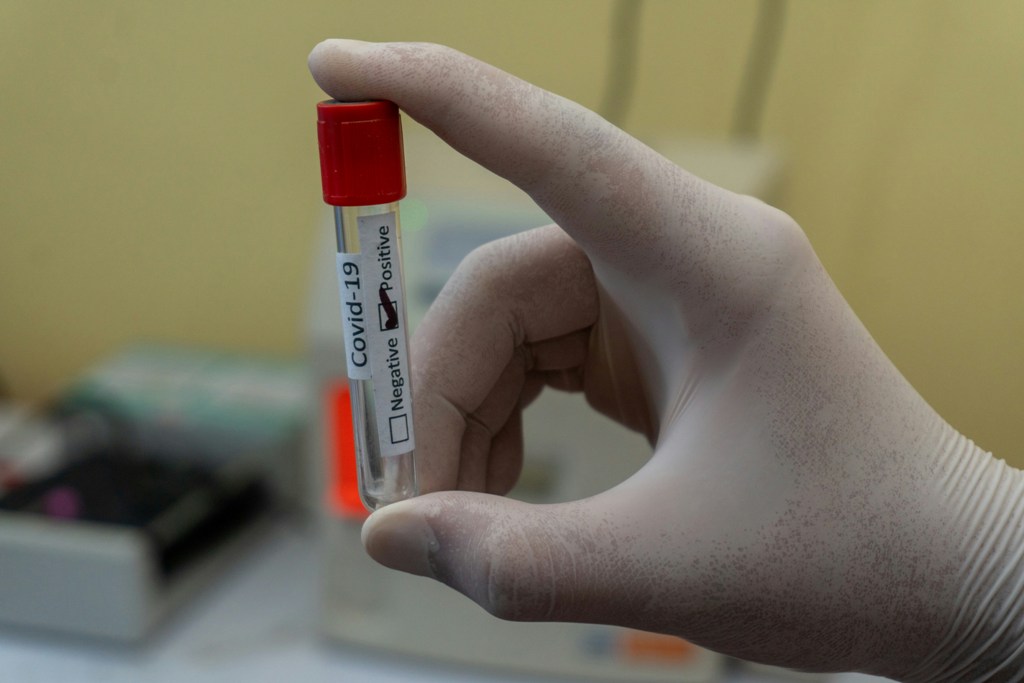Children who experience more than one Covid-19 infection face a significantly higher risk of developing long-term complications, a new study has found. Published in The Lancet Infectious Diseases, the research examined over 460,000 children and adolescents across 40 paediatric hospitals in the United States.

The analysis showed that after a first Covid-19 infection, about 904 children per million developed long Covid within six months. Following a reinfection, this number rose sharply to nearly 1,884 per million, more than doubling the risk.
Researchers noted that children affected by long Covid were more likely to suffer from conditions such as myocarditis, blood clots, kidney problems, cognitive difficulties, fatigue and respiratory issues. These symptoms, though relatively rare, often persisted for months and could impact multiple systems in the body.
The study was carried out by teams from the universities of Pennsylvania, Iowa and California, who reviewed electronic health records covering the period between January 2022 and October 2023. This was the time when the highly transmissible Omicron variant was the dominant strain worldwide. By comparing outcomes after a first infection and after a reinfection, the researchers were able to assess the added risk associated with repeated exposure to the virus.
The findings suggested that the risk of long Covid in children remained present even after reinfection, with variations depending on factors such as earlier infection history, severity of illness and vaccination status. The authors also pointed out that reinfections could add to the overall burden of disease in the young population.
While the study acknowledged that vaccines and preventive measures do not completely rule out the possibility of infection, they were seen as the most effective means of lowering the chances of both first-time infections and reinfections, thereby reducing the likelihood of lasting complications.
The researchers stressed that their work underlines the importance of improving vaccination coverage among children and adolescents and continuing studies to better understand the long-term impact of Covid-19 reinfections in younger age groups.


